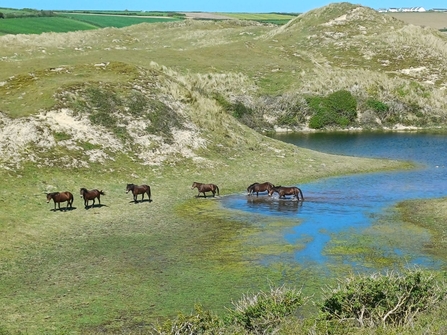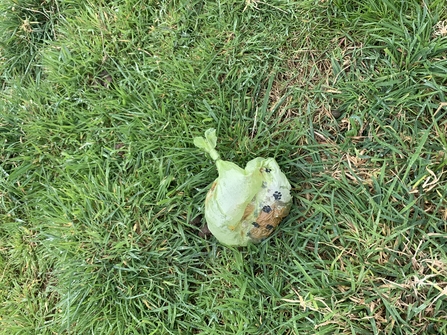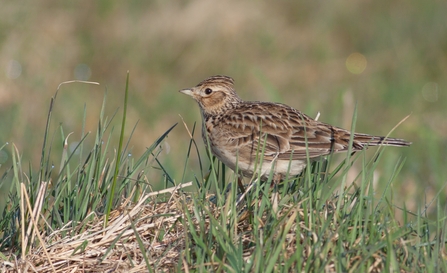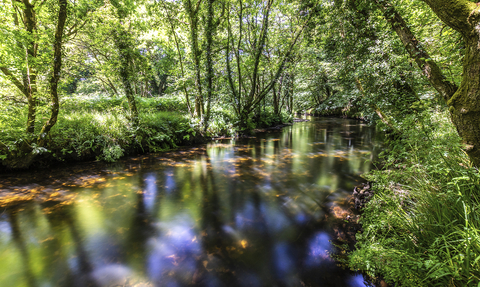Cornwall Wildlife Trust is urging visitors to its Penhale Dunes nature reserve to act responsibly following an influx of dog waste being left behind and dogs being allowed off leads.
The dunes are home to several unique and sensitive plant species, including rare plants and lichens like petal wort and scrambled egg lichen. These plants are highly vulnerable to environmental disturbance. Even small amounts of dog waste can be harmful, as it contains bacteria, parasites, and excess nutrients that disrupt soil chemistry. Insecticides found in flea treatments and wormers are also excreted in dog waste, likely to cause harm to pollinators. Reserve officers are concerned that the rising levels of dog waste could lead to toxic conditions and upset the delicate balance of soil microorganisms, hindering plant growth and survival.




